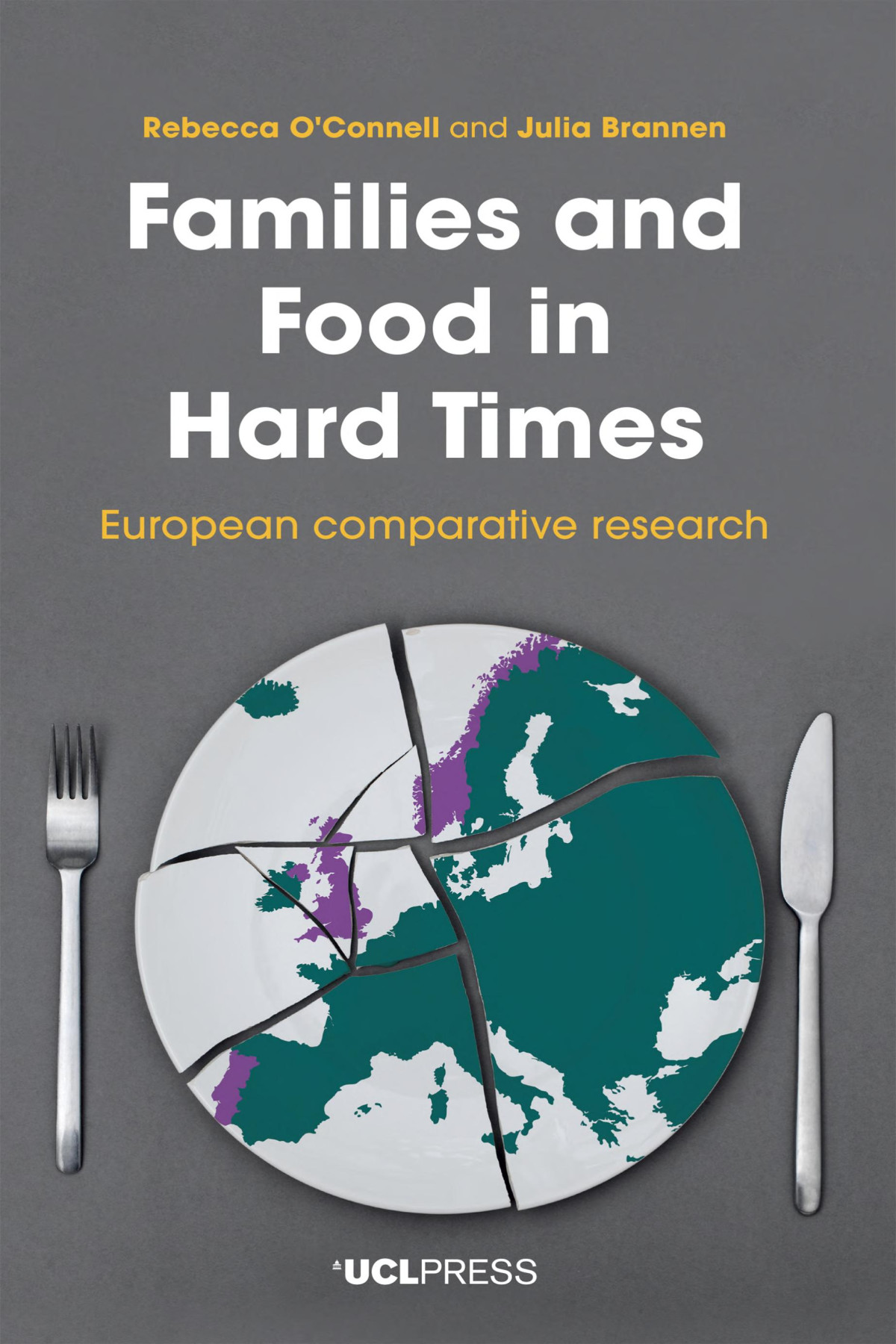

Most ebook files are in PDF format, so you can easily read them using various software such as Foxit Reader or directly on the Google Chrome browser.
Some ebook files are released by publishers in other formats such as .awz, .mobi, .epub, .fb2, etc. You may need to install specific software to read these formats on mobile/PC, such as Calibre.
Please read the tutorial at this link: https://ebookbell.com/faq
We offer FREE conversion to the popular formats you request; however, this may take some time. Therefore, right after payment, please email us, and we will try to provide the service as quickly as possible.
For some exceptional file formats or broken links (if any), please refrain from opening any disputes. Instead, email us first, and we will try to assist within a maximum of 6 hours.
EbookBell Team

4.1
60 reviewsFood is fundamental to health and social participation, yet food poverty has increased in the global North. Adopting a realist ontology and taking a comparative case approach, Families and Food in Hard Times addresses the global problem of economic retrenchment and how those most affected are those with the least resources.
Based on research carried out with low-income families with children aged 11-15, this timely book examines food poverty in the UK, Portugal and Norway in the decade following the 2008 financial crisis. It examines the resources to which families have access in relation to public policies, local institutions and kinship and friendship networks, and how they intersect. Through ‘thick description’ of families’ everyday lives, it explores the ways in which low income impacts upon practices of household food provisioning, the types of formal and informal support on which families draw to get by, the provision and role of school meals in children’s lives, and the constraints upon families’ social participation involving food.
Providing extensive and intensive knowledge concerning the conditions and experiences of low-income parents as they endeavour to feed their families, as well as children’s perspectives of food and eating in the context of low income, the book also draws on the European social science literature on food and families to shed light on the causes and consequences of food poverty in austerity Europe.